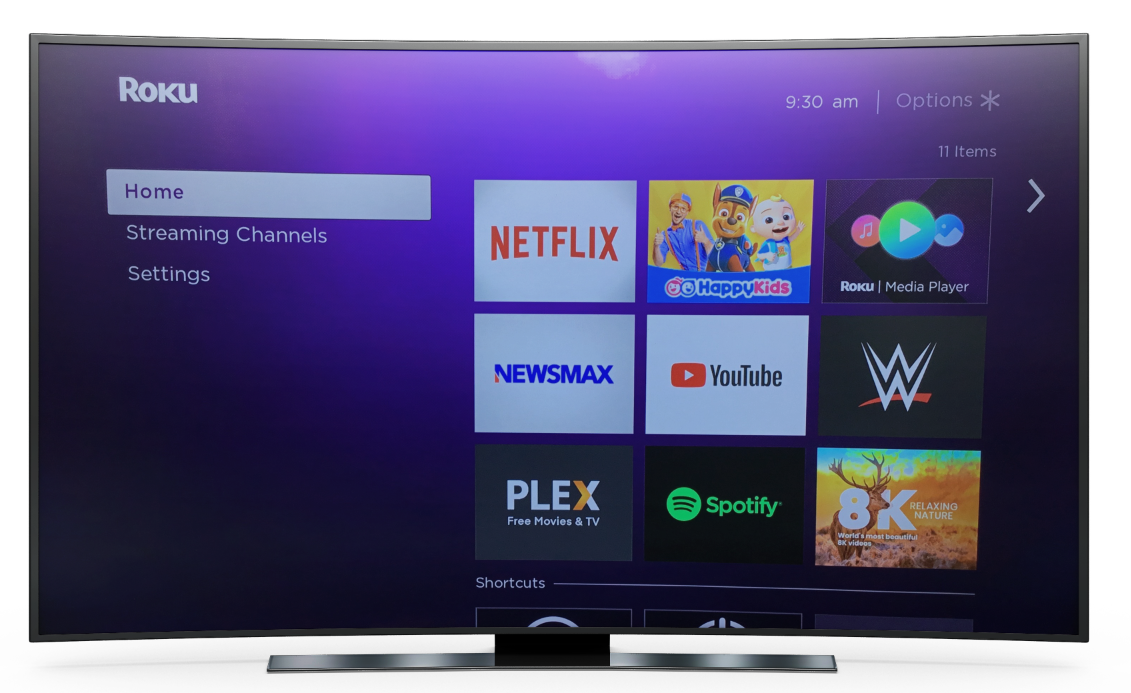Device Links
In most cases, Android makes screen mirroring easy. However, nothing is really easy when it comes to Chromebook devices. At their core, they aren’t built with various functionalities – the goal of a Chromebook is to be portable, lightweight in terms of software, and capable of performing online actions.
Still, there are ways to mirror your Android screen onto your Chromebook if it involves using third-party apps. Luckily, Android is king in this respect. Here’s how to mirror Android to your Chromebook.
Mirror Your Android Device to a Chromebook using Reflector 3
Reflector 3 is the third iteration of one of the best screen mirroring third-party apps for Android devices. It supports Google Cast, Miracast, as well as AirPlay. Yes, the Reflector 3 app allows you to mirror your Android device screen to your Chromebook device. Here’s how to do it.
- To get started, download the app on your Chromebook and Android device. Wait until the apps are downloaded and install them (Chromebook) or allow them to install automatically (Android).
- Once the installation process is done, run the app on both devices. Make sure that they’re connected to the same Wi-Fi network. This is very important; if the devices are connected to different networks, the method won’t work.
- On the Android device, navigate to the top-left corner of the screen and open the Menu.
- Then, select the Cast Screen/Audio option. You should see a list of available devices, and your Chromebook should be on it. Tap the Chromebook entry here to start mirroring.

Mirror Your Android Device to a Chromebook using Vysor
Vysor is an app that allows you to control your Android device using your Chromebook. This will present your Android screen on the Chromebook, essentially mirroring whatever you do on the phone/tablet screen. For all intents and purposes, this is a mirroring app with a twist; it allows you to use your computer to control your phone.
The free version of the app allows you to mirror your Android screen but with limited resolution options. The paid version allows for higher resolution options. Here’s how it’s done.
- First of all, you’re installing Vysor on your Chromebook, not your Android device. So, go to their website and download the installation. Once the installation has downloaded, install the app.
- When the process is over, run the app. Make sure that you’ve allowed USB debugging on your Chromebook. The Chromebook needs to have access to your Android phone.
- Once inside the Vysor app, tap the View button on the list of available devices. Of course, make sure that both your Chromebook and your Android device are connected to the same Wi-Fi network.
- Wait for everything to load. Once it’s done, you’ve successfully mirrored Android on your Chromebook.
Plus, you can now control what happens on your phone using the mouse and keyboard.
Mirror Your Android Device to a Chromebook using VMLite VNC Server

VMLite VNC Server isn’t the fanciest or most intuitive for screen mirroring. However, it doesn’t require rooting, and it can be used on any Android model. The bottom line here is that VMLite VNC Server is a remote control tool for Android devices. You won’t be able to use it for free, though, since there’s only the paid version available. Here’s how to use this app to mirror your Android screen on Chromebook.
- Download the app from the Google Play Store. Then, download and install the app on your Chromebook from their official website.
- Once installed on both devices, enable USB debugging on your phone.
- Next, connect your Android device to the Chromebook via the standard USB cable.
- The tool on your Chromebook should recognize the device, and a Start VMLite server option should appear. Click it.
That’s it; the mirroring should start.
Mirror Your Android Device to a Chromebook using AirDroid
First and foremost, the essence behind the AirDroid app is file management. This is obvious enough the moment you visit their website (which is very cool). However, the latest version of the tool has brought a variety of additional features to the game. One of these features is, naturally, the screen mirroring function.
- Start off by creating an account. Use any device for this.
- Now, download the app on your phone from the Google Play Store. You can also scan the QR code on the AirDroid website to find the app quickly.
- Once you’ve downloaded and installed it on your phone, make sure that both your Chromebook and your Android device are on the same Wi-Fi network.
- Open the app on your Chromebook. A QR code should appear on your Chromebook screen. Scan it with your Android device.
- Follow the onscreen instructions. Once you’ve followed everything through, the mirroring should begin.
Mirror Your Android Device to a Chromebook using AllCast
AllCast isn’t really a mirroring app. It won’t display your entire Android OS on a Chromebook screen. However, it does allow you to stream videos, photos, and music from your phone/tablet directly on a Chromebook device. If you want to mirror the Android screen for these purposes, using casting instead of mirroring is a much better and quicker idea.
Although the free version of the tool does exist, it limits the video length that you can cast and does feature ads. The paid version doesn’t have these limitations. Here’s how to use AllCast to cast content from your Android phone on a Chromebook.
- First, go to the Chrome Web Store and search for the AllCast app. Once you’ve found it, download it and install it.
- On your Android device, go to the Google Play Store and search for the app. Download it and allow it to install.
- Once successfully installed on both devices, open the app on your phone and select the Chromebook Chrome Browser as a receiver.
- Finally, start casting content on your Chromebook.
Mirroring or Casting Android to a Chromebook
Although screen mirroring and casting aren’t default Chromebook options, there are several tools that will help you in this endeavor. Try any of the apps from the list and find the one that works best for you. Each one has its own quirks and perks.
Which apps from the list have you tried? Did you stick with a particular one? Maybe you’ve even decided to go with a paid version? Go ahead and let us know in the comments section below.
Disclaimer: Some pages on this site may include an affiliate link. This does not effect our editorial in any way.






